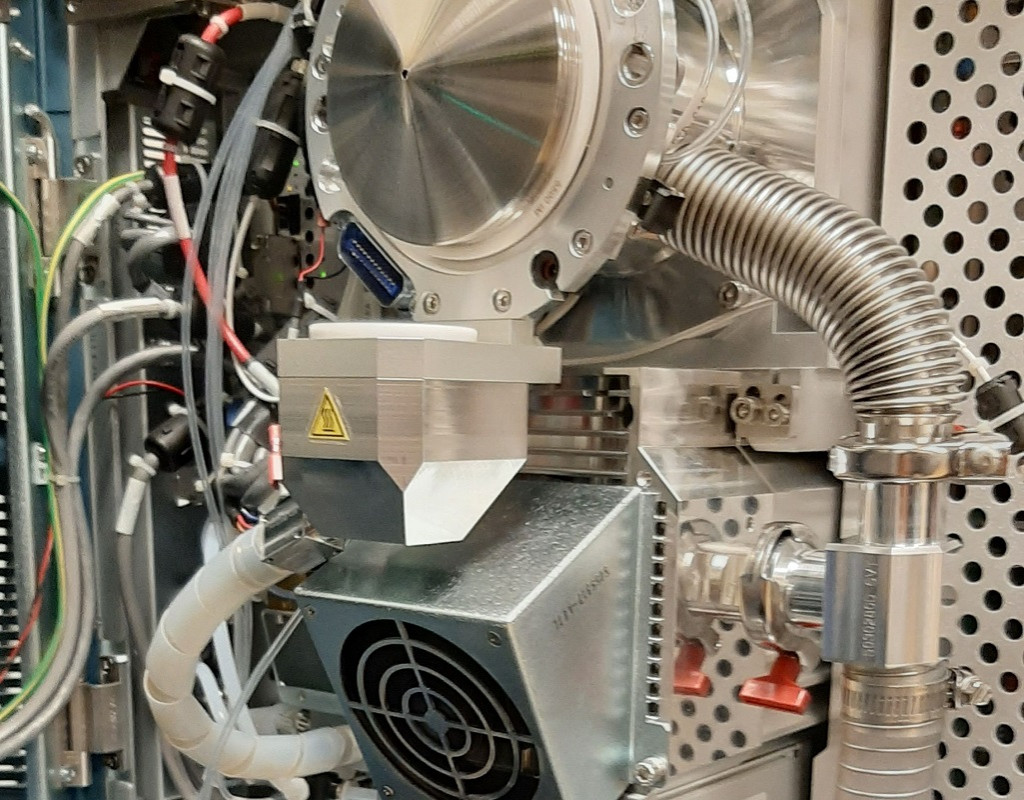In the food sector, there is an ever-increasing demand for the implementation of analytical methods that can be used in the field to check food quality. Due to its expertise in rapid analysis based on near infrared spectroscopy, the CRA-W takes a leading role in the use of portable spectrometers for on-site analysis.
Since 2017, the HEPH-Condorcet has collaborated with the Faculty of Agronomic Sciences (FSA) at the University of Abomey Calavi (UAC) in Benin, as part of a research and development project funded by the Research and Higher Education Academy (ARES). The project entitled “Improvements in traditional husbandry systems for small ruminants (sheep and goats) against a background of environmental and societal change in Benin” is part of the fight against poverty, and aims to boost the capacities of farmers in the management of small ruminant husbandry. The project, which is decidedly multidisciplinary and innovative, considers all stages of the production chain, providing recommendations on food, health, herd management and marketing. It will also mean that 10 masters students and 4 doctoral students can be trained, and new skills for assistants are so acquired.
In this way,Mr Paolo Lessé, assistant to Professor Marcel Houinato and doctor of agricultural sciences, came to do a 4-month internship at CRA-W, in order to improve hisanalysis of tropical fodder using near infrared spectrometry. The objectives of his internship were mainly to master the use of a VIAVI type field spectrometer and to master the basic tools of chemometrics.
For the purpose of this work, 415 fodder samples arrived directly from Benin and were analysed by VIAVI. The initial calibrations were generated by Dr Lessé. In the absence (at that time) of chemical reference values for these samples, the calibrations were based on NIR predictions from another laboratory spectrometer. The results obtained are of limited use, and the next step will involve analysing part of the samples using reference methods to refine the calibrations.
Once these have been validated, the portable spectrometer will be sent to Benin, where it can then be used to analyse and predict the composition of fodder supplied by local producers. In view of Dr Lessé’s interest and professionalism, there is no doubt that this internship is the start of a long collaboration between our two institutions.




